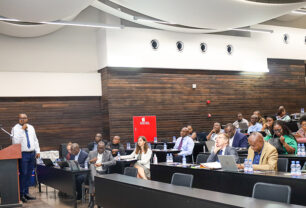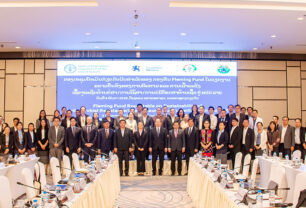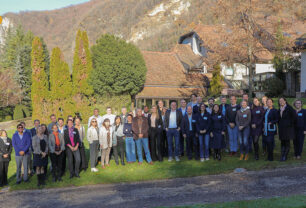This multicentric study aimed to evaluate the prevalence of colonization by Streptococcus pneumoniae in children under five and the adults they live with.
The study was conducted in a hospital setting between 2022 and 2024 following the recent deployment of the pneumococcal conjugate vaccine (PCV) in both countries. The samples taken at the hospital sites were processed at GABRIEL network member laboratories in the two participating countries.
The results show that nasopharyngeal colonization by pneumococcus remains frequent in children despite the introduction of PCV: 30.6% of them were carriers, compared with 10.8% of the adults. While most Cambodian children (99.2%) and a large proportion of Indian children (60.3%) had received at least one dose of the vaccine, the vaccine strains still represented 37.9% to 48% of the isolates identified.
The study also highlights the phenomenon of serotype replacement: strains not included in the vaccine are becoming more common, replacing those covered by the vaccine. These results emphasize that although vaccination reduces morbidity associated with the most virulent strains, the dynamics of the serotypes in circulation continue to evolve.
This data confirms the importance of surveillance to ensure that vaccine policies can be adjusted and the emergence of new potentially pathogenic serotypes can be anticipated.
The burden of pneumonia in low-resource countries
Streptococcus pneumoniae is one of the main agents responsible for lower respiratory tract infections in children aged under five, particularly in low- and middle-income countries, where 90% of the deaths attributed to this bacterium occur. In 2019, it was the leading cause of mortality due to respiratory infections in this age group.
Faced with this threat, the WHO issued a recommendation in 2007 that the PCV vaccine should be introduced into infant vaccination programs. The vaccine was incorporated into the vaccination schedule in Cambodia in 2015 and in India from 2017. However, the benefits of this strategy vary depending on the context, differences in vaccine coverage, and the diversity of the strains in circulation.
The PCV study has therefore contributed to documenting the evolution of the serotypes in circulation and the effects of vaccination. It provides essential local data to guide public health decision-making and strengthen the fight against pneumococcal infection in high-risk regions.






